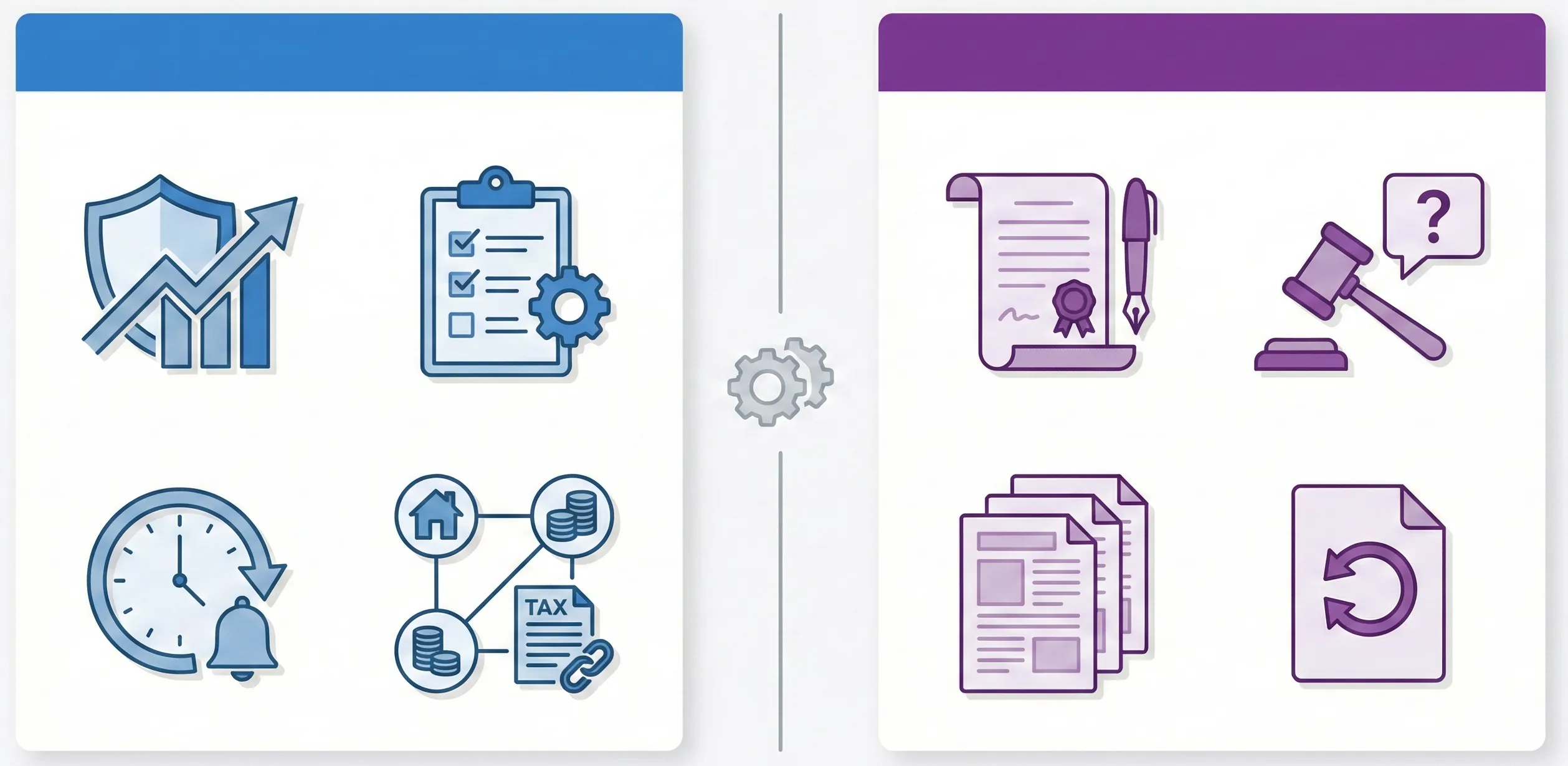Managing Your Online Accounts After Death

In an era where much of our personal and professional lives are conducted online, the importance of digital estate planning becomes undeniable. This planning is crucial to ensure that your online presence and digital assets are managed according to your wishes after you pass away.
What is Digital Estate Planning?
Digital estate planning involves preparation for the management and eventual transfer of your digital assets, including email accounts, social media, digital files, and online investment portfolios.
Key Steps in Digital Estate Planning
- Create a Digital Asset Inventory: Document all your digital assets. From online bank accounts to social media profiles — each needs consideration.
- Designate a Digital Executor: Choose a person who is both trustworthy and proficient with technology to execute your digital estate plans.
- Ensure Access: Securely managing access to your digital assets is crucial. Establish a system for sharing passwords with your executor, possibly through encrypted digital vaults that require dual-factor authentication to ensure safety. (a password manager could be useful for this)
- Outline Specific Instructions: Providing clear instructions for how each digital asset should be handled (closed, maintained, or transferred) is vital.
- Understand Legal Nuances: Complying with both the laws and various digital platforms' policies is necessary for effective digital estate management.
How Tools Can Aid Digital Estate Management
Managing diverse digital assets spread across various platforms can be a challenge. Tools designed to handle these tasks can be incredibly useful by offering:
- Unified Asset View: A consolidated view of all digital assets can simplify management.
- Enhanced Security Measures: Updated security features protect sensitive data, integral to safely managing digital estates.
- Password Management and Executor Access: Many platforms offer secure, encrypted services designed for storing and sharing access credentials. While these aim to enable executors to access accounts as intended, users should regularly review these security measures to ensure they meet their personal or legal requirements.
The Path Forward in Digital Legacy Management
Digital platforms and technologies continually evolve, suggesting that the methods and tools for managing digital estates will also improve. For instance, innovative uses of blockchain technology might offer more secure and transparent solutions in the future.
Addressing the notion of a digital afterlife can be daunting. Yet, it is as crucial as arranging any other aspect of traditional estate planning. Even spiritual considerations—like the role of online memorials or digital participation in buddhist funeral services—can be part of this planning. Employing comprehensive tools can ease this process, ensuring your digital legacy is preserved and handled according to your wishes.
How optimized is your portfolio?
PortfolioPilot is used by over 40,000 individuals in the US & Canada to analyze their portfolios of over $30 billion1. Discover your portfolio score now:






